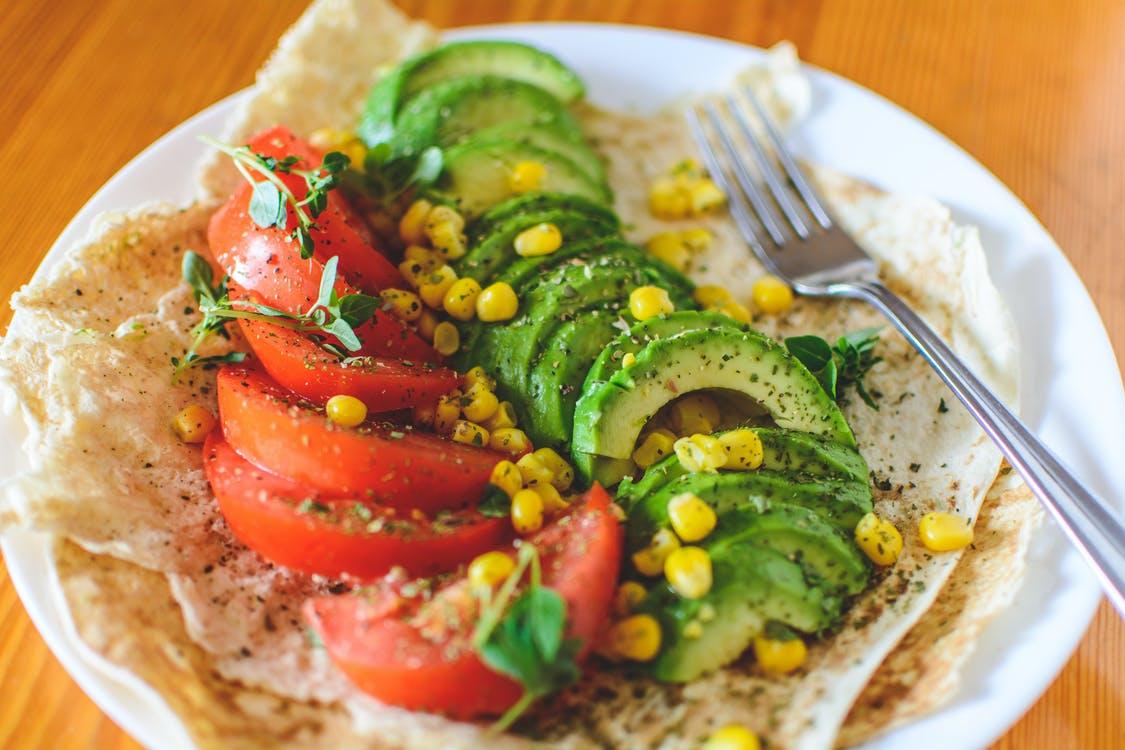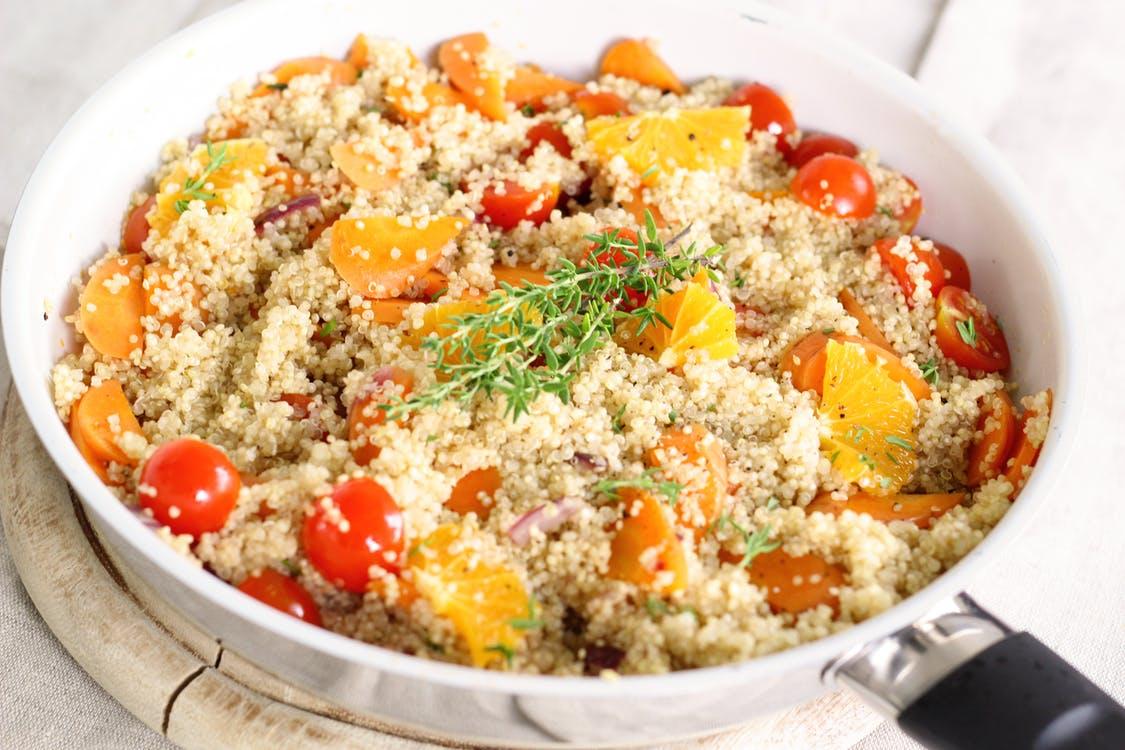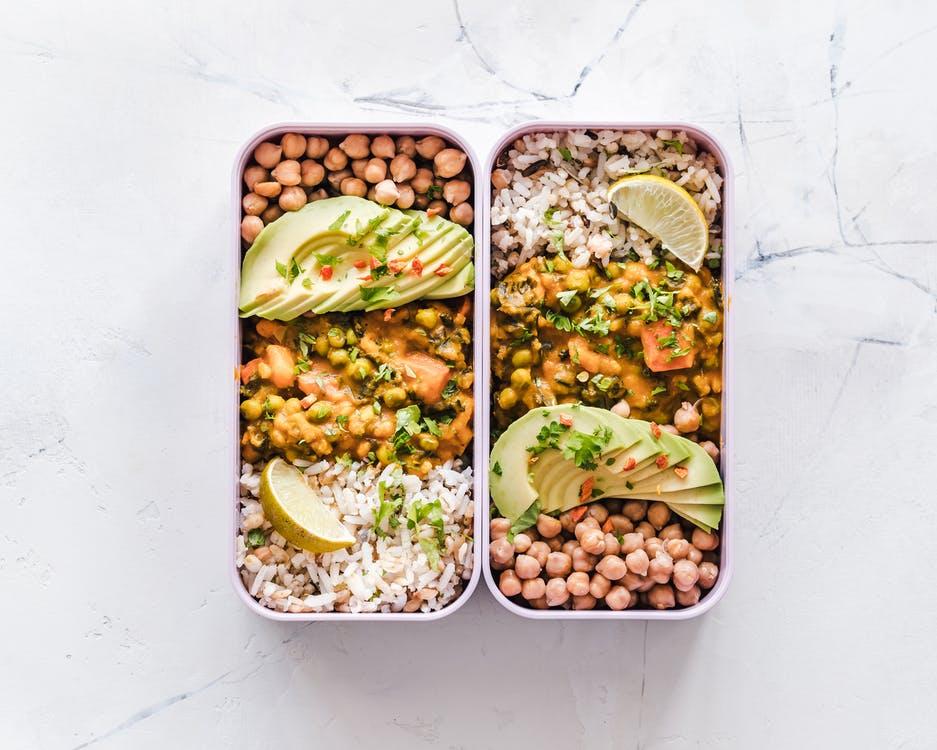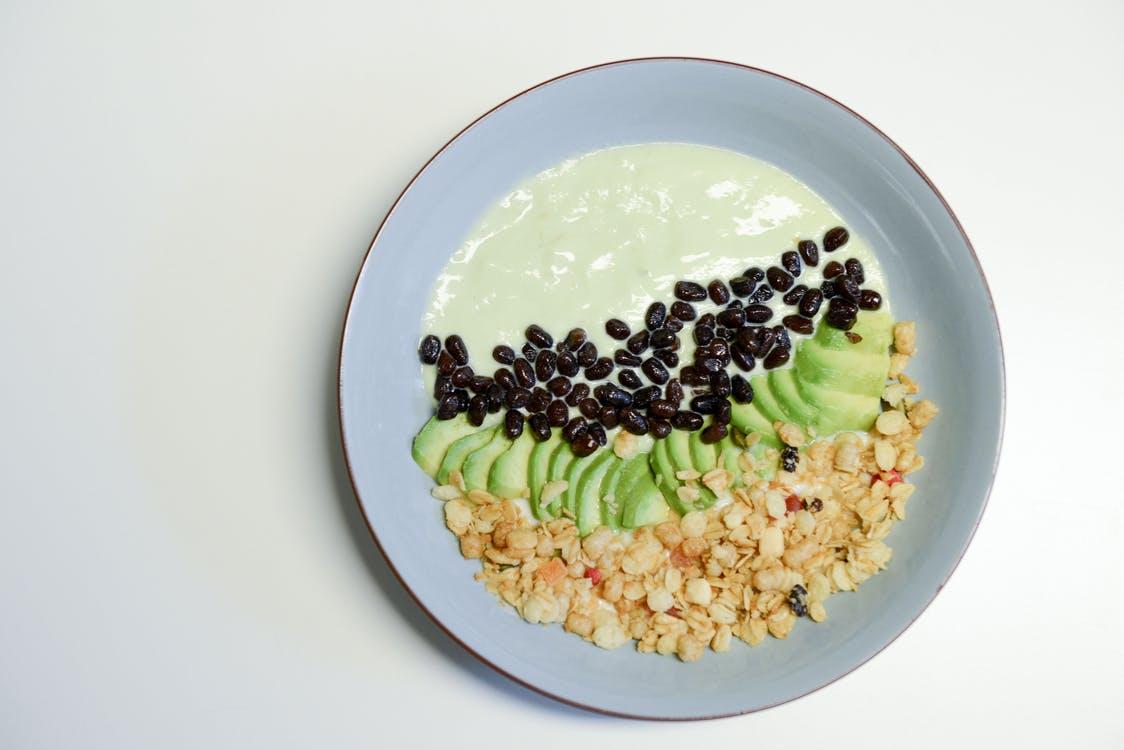
Many people think that following a vegan diet is impossible to build muscle mass. However, this is just a misconception, as many famous athletes follow this nutrition plan. To successfully build muscles, a vegan needs to understand proper meals and exercise plans. If you do everything right, you won’t have problems with muscles and getting rid of excess fat.
The right choice of supplement which is good for vegans and particular foods will help you with this. In this article, we will tell you which ones. Stay tuned to find out more about vegan muscle-building foods.
Nutritional guidelines for vegetarian athletes
By eating one animal product, you can get almost all the necessary nutrients and vitamins from it. It is not the same with plants: something is contained only in legumes or only in nuts or greens. Therefore, it is important to properly plan your vegetarian diet if you want to build muscles.
The diet must include muscle-building foods with amino acids that the body cannot produce on its own. All amino acids can be found in plant foods, including the essential ones – lysine, methionine, tryptophan. Cereals contain a lot of methionine but no lysine. Legumes are high in lysine but low in methionine.
A vegetarian diet will be useful if you combine cereals and legumes in one plate correctly, supplement the diet with some fruits, for example, a banana (tryptophan). With this combination, the number of nitrogenous bases and nucleotides increases. They are important for building DNA and RNA and are responsible for protein synthesis and genetic memory. As a vegetarian, you need to learn more about various foods to eat when building muscle. And remember that vegetable protein is absorbed worse, so you need to eat more of it.

High-Protein Vegetarian Foods for Muscle Building
Legumes
After a hearty meal of beans, the feeling of satiety persists for a long time. Legumes contain about the same amount of protein as meat. And even more – 25 grams per 100 g of dry product.
In addition to protein, there are many carbohydrates and fiber, B vitamins, zinc, and calcium. The phytates, trypsin, and oxaloacetate in legumes impair absorption and can lead to bloating. Therefore, it is recommended to soak legumes for 8-9 hours or overnight.
In terms of digestibility, legumes are healthy muscle-building foods equal to meat and fish, but they take a long time to cook and cause stomach problems. All legumes are high in the amino acids valine, isoleucine, and leucine. Many people mistakenly believe that leucine is only found in eggs and other animal products. Besides, legumes contain glycine, zinc, methionine, and arginine, which break down to form creatine, essential for building muscle.
Soy
It includes both the soybeans themselves and tofu cheese, tempeh, soy protein powder, and “soy meat” – the so-called textured soy protein used to make a variety of vegetarian sausages.
Soy contains very rare amino acids like lysine and glutamine. Many people are afraid of phytoestrogens’ high content, which can cause problems with the thyroid gland. Soy foods now contain minimal amounts of pro-hormones, so a diet with soy will not increase estrogen. However, we recommend not exceeding more than 25 grams of protein from soy sources per day.

Cereals and pseudocereals
Cereals – buckwheat, rye, millet, oatmeal, rice, barley, pearl barley, and pseudocereals (quinoa, sorghum, amaranth) are also rich in protein. They contain about 15 grams of protein per 100 grams. These foods are rich in essential amino acids, healthy fats, and fiber, making them the best muscle-building foods. We also recommend that athletes include whole grain flours from cereals and pseudocereals in their diet.
Wheat protein, or seitan, is also useful for building muscles. However, you must remember that it contains gluten and be careful if you have an intolerance. This product is very similar to soy: almost any meat dish can be replaced with seitan, and the taste will be similar. It contains about 25 grams of protein per 100 grams.
Nuts and seeds
Walnuts, almonds, pistachios, cashews, hazelnuts, peanuts, and nut butter. They contain 10 to 25 grams of protein per 100 grams of the product. Nuts are high in calories and contain Omega-6 fats. It is advisable not to overdo it and eat no more than a couple of handfuls per day. A large amount of Omega-6 fats weaken the immune system and lead to inflammation.
You can eat seeds of sunflower, pumpkin, sesame, flax, chia, and others. Like nuts, they are generous with protein – up to 20 grams per 100-gram serving. You can add seeds to salads, cereals, sprinkle them on smoothies.
Spirulina
Spirulina is the leader of fat-burning muscle-building foods with a great amount of protein per 100 grams. This blue-green algae contains about 70 grams of protein per 100 grams of the product. Usually, spirulina is taken in powder form, added to yogurts, fresh juices. It loses some nutritional value during drying but remains a great source of protein. Spirulina also contains vitamin B12, which makes it one of the best muscle-building foods for women.

Conclusion
It’s very difficult to gain muscle on a vegan diet unless you track your nutrient intake, eat some vegan muscle-building foods regularly, and possibly consume vegan supplements. Yet gaining muscles is not too difficult for a vegan. You just need to plan everything carefully. We hope our list will help you.
How do you build muscles on a vegan diet? Tell us about your favorite foods in the comments below.